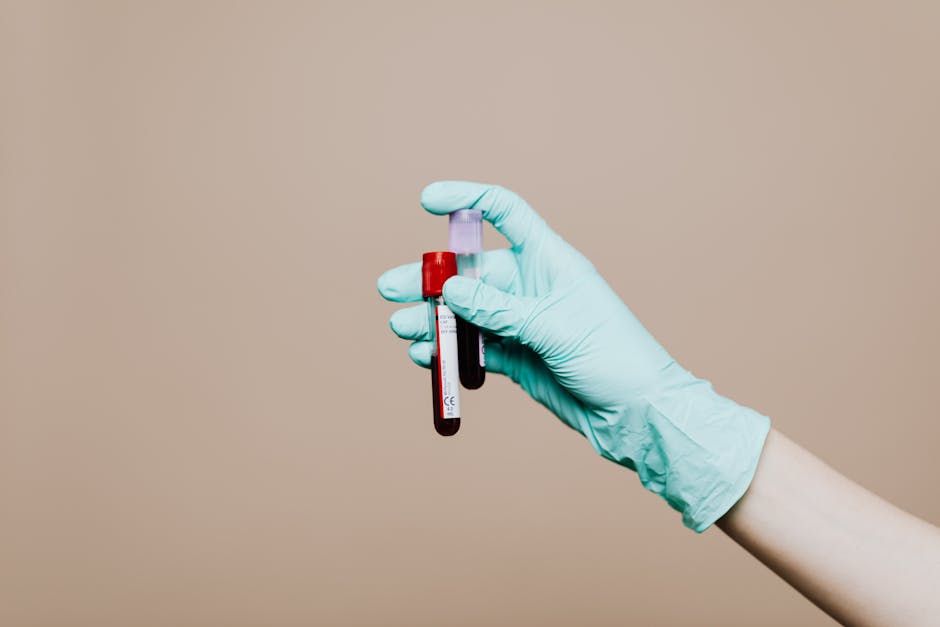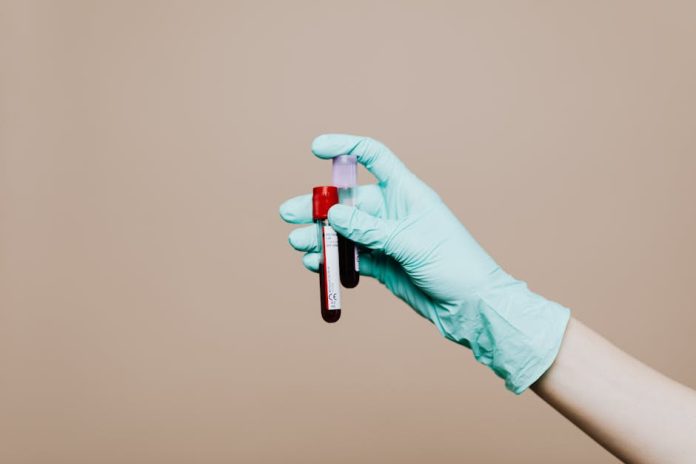
Imagine a world where cancer is detected years before it even shows symptoms. That world is inching closer to reality thanks to groundbreaking research from Johns Hopkins University. Scientists have developed a revolutionary blood test capable of identifying tumor DNA up to three years *before* a cancer diagnosis would typically be made.
This isn’t just another early detection method; this is a potential paradigm shift in cancer care. The test, still undergoing further clinical trials, boasts remarkable accuracy in identifying various cancers, including some of the deadliest. Early results show promising success rates in detecting cancers of the lung, pancreas, and liver – cancers notoriously difficult to diagnose in their early stages.
How does it work? The blood test analyzes circulating tumor DNA (ctDNA), tiny fragments of DNA shed by tumors into the bloodstream. Using advanced algorithms and sophisticated technology, researchers can pinpoint specific genetic mutations characteristic of cancerous cells. This means detection is possible long before tumors grow large enough to be detected by traditional imaging methods like MRI or CT scans.
The implications are staggering. Early detection translates directly to significantly higher survival rates. The ability to initiate treatment years before symptoms appear could dramatically improve outcomes and potentially save countless lives. This revolutionary test is not just a diagnostic tool; it’s a beacon of hope, a testament to the power of scientific innovation in the fight against cancer.
What’s next? While the research is immensely promising, further studies are crucial to refine the test’s accuracy and broaden its applicability to a wider range of cancers. The researchers are diligently working towards making this life-saving technology widely accessible to the public, potentially revolutionizing cancer screening and prevention in the years to come.
This breakthrough represents a giant leap forward in cancer research. The future of early cancer detection looks brighter than ever before, offering hope for a future where cancer is diagnosed and treated early enough to ensure the best possible outcome for patients. Stay tuned for updates as this revolutionary blood test moves closer to widespread availability.
Disclaimer: This article is for informational purposes only and should not be considered medical advice. Consult with your healthcare provider for any health concerns or before making any decisions related to your health or treatment.

